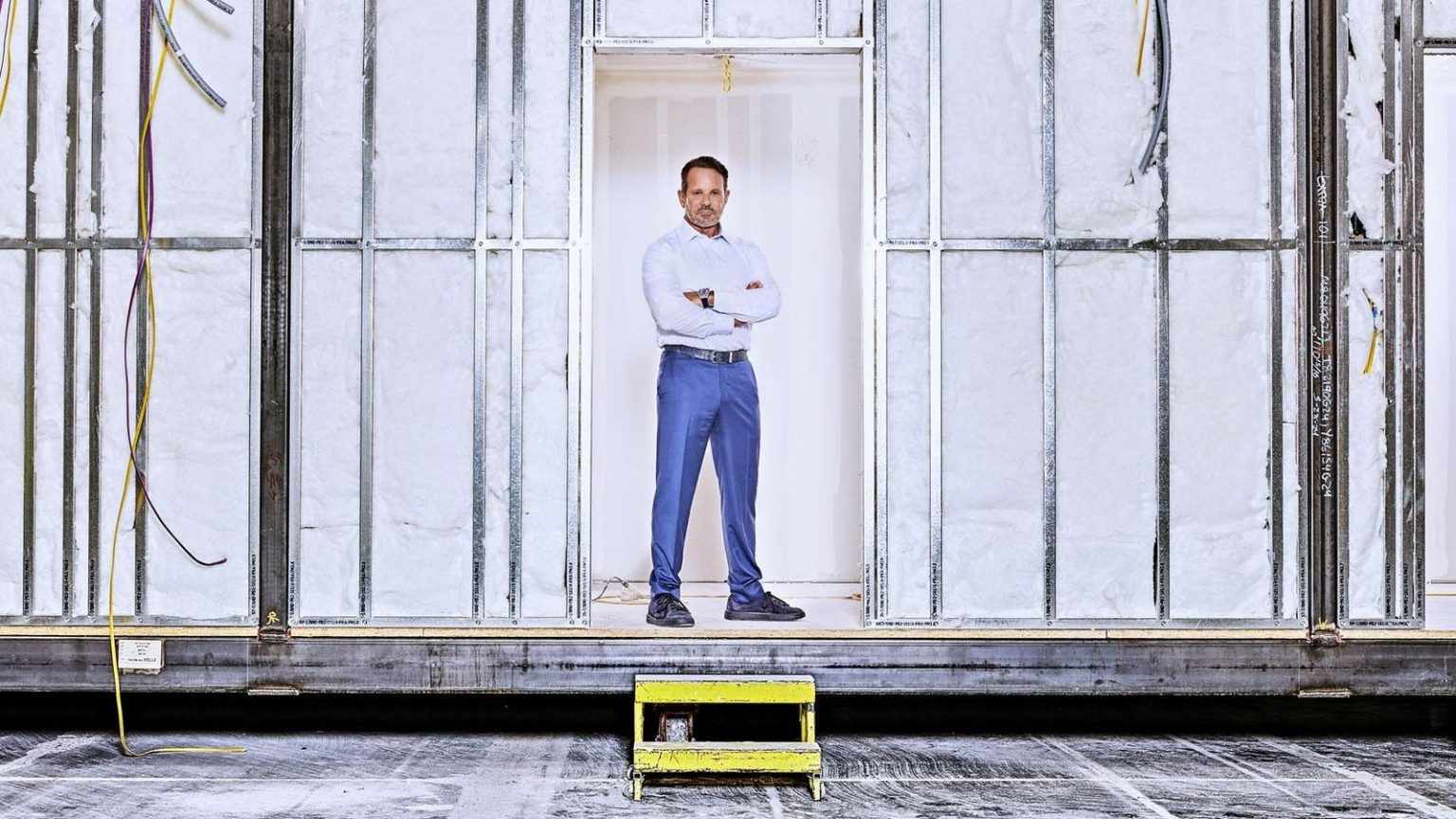Steel Tycoon Barry Zekelman’s $1 Billion Gamble on Prefabricated Housing
Amidst the scorching Arizona heat, steel magnate Barry Zekelman unveils his ambitious vision for revolutionizing the housing industry: factory-built apartment complexes. Zekelman, whose fortune stems from the steel industry, has poured $1.2 billion into Z Modular, a subsidiary of his family’s steel company, to construct factories churning out prefabricated housing modules. These modules, assembled like puzzle pieces in climate-controlled environments, promise a faster, cheaper, and more efficient alternative to traditional construction methods. Zekelman’s venture is a bold gamble in a sector notorious for its cyclical nature and high capital costs, a landscape littered with the wreckage of previous modular housing failures like Katerra. Yet, he believes his factory approach, mirroring the efficiency of his steel tubing plants, can crack the code to affordable, rapidly-deployed housing.
The pressing need for affordable housing, exacerbated by labor shortages and escalating construction costs, fuels Zekelman’s conviction. Traditional construction relies heavily on increasingly scarce and expensive contracting labor. Z Modular’s factory model offers a significant advantage by employing in-house workers, mitigating reliance on fluctuating contractor availability. Beyond cost and speed, Zekelman highlights the resilience of steel-based construction, particularly relevant in an era of climate change. The enhanced energy efficiency of these modular structures, crucial in extreme heat, and their resistance to storms and fires, position them as a durable and potentially cost-effective alternative to traditional wood-framed buildings.
Zekelman’s journey into modular housing began serendipitously with an investment in VectorBloc, a company pioneering a steel tubing connection system ideal for modular construction. Initial forays into hotel projects, hampered by the pandemic’s impact on travel, proved financially challenging. Learning from early setbacks, Zekelman shifted focus to developing and owning apartment complexes, granting him greater control over the process. He relentlessly pursues cost optimization, driving down expenses by 30% between the first and second generations of apartment complexes, with continued refinement in subsequent iterations. The company’s designs have evolved from three-story complexes to five, with the potential to reach ten stories high.
Z Modular’s initial production includes nine completed apartment complexes totaling 2,245 units, with projections to reach 15 complexes and 3,858 units by the end of 2025. While the venture is currently operating at a loss, Zekelman anticipates a significant increase in rental income, forecasting $20 million this year and $50 million next year. However, the capital-intensive nature of the real estate development business necessitates significant funding for land acquisition, factory construction, building development, and property management. Even Zekelman’s considerable wealth is insufficient to fuel the ambitious expansion he envisions.
Zekelman, a self-proclaimed contrarian with a penchant for high-risk ventures, is exploring avenues to secure the necessary capital. He is considering taking Z Modular public through an IPO or partnering with a Real Estate Investment Trust (REIT) or private equity firm. His aspirations extend beyond U.S. borders, envisioning a global solution to the housing crisis, potentially expanding to Europe, South America, the Middle East, and Africa. This bold ambition reflects a recurring theme in Zekelman’s career: a relentless drive to disrupt established norms and tackle seemingly insurmountable challenges.
Zekelman’s entrepreneurial spirit can be traced back to his father, a Polish immigrant who instilled in him a resilience and drive for innovation. When his father passed away unexpectedly, Zekelman, then a 19-year-old college freshman, took over the family’s struggling steel tubing business. Through a combination of strategic investments, efficiency improvements, and aggressive sales tactics, he transformed the business into a multi-billion dollar enterprise. His experience in the steel industry, marked by a focus on North American production and a strong stance against foreign steel imports, has shaped his approach to the modular housing venture. This includes a highly publicized clash with Mexican steel producers, whom he accuses of unfair trade practices and dumping steel on the U.S. market, leading to the closure of one of his steel factories. His unwavering belief in the potential of modular housing echoes his past success in the steel industry, a testament to his ambition and determination to leave a lasting impact on industries grappling with traditional challenges.


